Need more policies for businesses
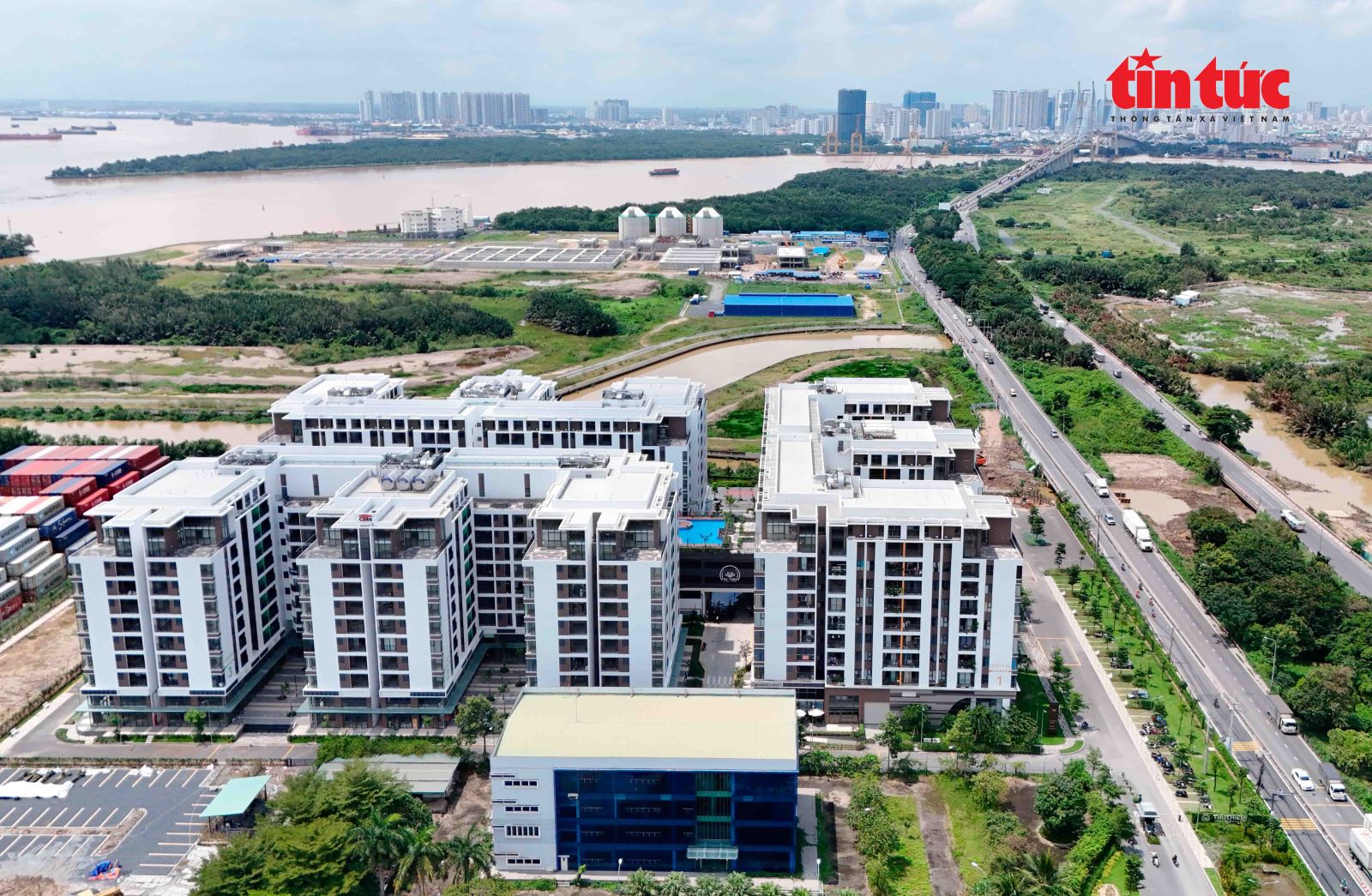
Dr. Nguyen Kim Duc, Deputy Director of the Institute for Regional Development Research and Consulting, Ho Chi Minh City University of Economics , said that real estate businesses are both economic entities and have social responsibilities, so policies must be attractive enough for them to "want to do" and "be able to do", instead of just "being encouraged to do".
According to Dr. Duc, with the characteristics of controlled selling prices, policies need to focus on reducing input costs and opportunity costs for businesses. Regarding input costs, Ho Chi Minh City can establish a centralized social housing development fund or a specialized agency similar to the HDB model (Singapore), responsible for preparing and managing clean land funds so that businesses can only implement construction.
Along with that are tax incentives, land use fee exemptions and stable preferential credit policies for both investors and buyers. Regarding opportunity costs, it is necessary to review procedures, identify the right "bottlenecks" instead of cutting down on formalities, and at the same time commit to a clear processing time limit and establish a specific accountability mechanism.
In addition, Mr. Nguyen Kim Duc proposed to establish a special working group of Ho Chi Minh City to quickly and completely resolve legal documents, helping businesses feel secure in their investments. Only when businesses operate in a stable, transparent and effective environment can social housing develop sustainably, meeting the real needs of the people.
On the real estate business side, Mr. Nguyen Van Thanh Huy, Deputy General Director of Becamex IDC Corporation, proposed that the State should prioritize clean land funds and hand them over to businesses early to reduce risks in site clearance; at the same time, shorten the investment preparation period.
In addition, Mr. Huy also proposed establishing a “green channel” of administrative procedures specifically for social housing projects, with clear processing times for each step, avoiding overlap between departments and branches. “At the same time, we also want to expand access to long-term preferential credit sources, because even though they are large corporations, social housing projects still need low-interest capital to ensure the ability to rotate,” Mr. Huy expressed.
Regarding the financial mechanism, Mr. Huy said: “The State needs to support the difference, share a part between the actual cost and the ceiling price according to regulations, helping businesses maintain a minimum profit level. Along with that is the preferential mechanism on tax, land use fees, transaction fees in the initial stage, and a transparent public-private partnership model, to share risks, encourage businesses to participate in developing social housing”.
Create transparent mechanisms to prevent speculation
To limit speculation and ensure that social housing policies truly reach those in real need, Lawyer Tran Anh Tuan, Ho Chi Minh City Bar Association, said Decree 192 has significantly strengthened post-investment control measures, aiming to prevent policy profiteering and speculation in the social housing sector.
According to Mr. Tuan, the Decree requires investors to be responsible for the quality and progress of the project, and clearly stipulates the supervisory role of the Ministry of National Defense, the Ministry of Public Security and the Provincial People's Committee.
“This mechanism forces businesses to implement real projects, limiting the situation of 'holding land', delaying progress or waiting for price increases to benefit. Investors, auditors and appraisal consultants must all be responsible before the law for the accuracy of documents and selling prices, contributing to increasing transparency and deterrence, preventing acts of overstating costs,” Mr. Tuan analyzed.
Mr. Tuan added that a notable new point is the extension of the transfer restriction period from 5 years to 8-10 years from the time the buyer has paid off the house. During this period, the resale price will be strictly controlled, even limiting the maximum profit to eliminate the motive of speculation and buying and selling for profit.
According to Lawyer Tuan, the new decrees and resolutions not only help the market become more transparent but also bring direct benefits to the people. When more strongly encouraged, the social housing sector will have more projects with diverse locations and types, opening up opportunities to access suitable housing for people with different income groups.
To put the policy into practice, Mr. Tuan suggested that localities need to combine price control mechanisms with specific administrative and technical measures, especially in the process of approving beneficiaries. Specifically, the list of registrants, records, scoring criteria and approval results should be made public on the electronic information portal, not just posted locally. This approach helps increase transparency and limit wrong priorities.
In parallel, it is necessary to connect the national database on population, tax and social insurance to automatically verify the income, housing status and length of stay of each person. This helps eliminate false declarations and ensures that the person being reviewed is really the person in need of support.
Notably, in case valid applications exceed the number of apartments, Mr. Tuan also proposed that the lot should be drawn publicly, with supervision from the management agency, the investor and the people's representatives; at the same time, filming and recording to archive and publicize the results. This method ensures fairness, objectivity and eliminates subjective intervention.
Meanwhile, according to financial and real estate expert Nguyen Duy Chuyen, to develop social housing, it is necessary to digitize the entire home registration process to avoid people having to queue up early to submit their applications as they do now. In the digital age, online registration is completely feasible. People only need to log in to the system, fill in their information and track the approval results. If the number of applications exceeds the demand, a random and public lottery can be organized.
“When Vietnam completes the real estate identification system linked to personal identification, the management agency will know who owns how many houses, helping to effectively control buying and selling and speculation. In particular, it is necessary to let people have a place to live first, then gradually improve the quality; at the same time, the social housing development policy needs to be implemented professionally, transparently and with a methodical roadmap,” Mr. Chuyen emphasized.
Currently, Ho Chi Minh City has about 120 projects with nearly 60,000 apartments under construction, including 24 projects that started construction in 2025, 23 projects that have been approved for investment, and many land plots for the armed forces and managed by the state.
In the coming time, the City will review planning, determine needs, allocate land funds, reform administration, and shorten 30% of procedure processing time. At the same time, Ho Chi Minh City will develop a resolution to support investors, improve housing development funds, and publicize and make loans for officials, employees, and workers transparent. Ho Chi Minh City will also announce sample designs, remove obstacles in selecting investors, bidding, selling prices, and leasing; urge progress and provide legal guidance for social and commercial housing projects to be implemented in accordance with regulations.
Source: https://baotintuc.vn/phong-su-dieu-tra/phat-trien-nha-o-xa-hoi-tai-tp-ho-chi-minh-bai-cuoi-tao-co-che-minh-bach-ngan-ngua-dau-co-20251012101520399.htm



![[Photo] Immerse yourself in the colorful musical world of “Secret Garden Live in Vietnam”](https://vphoto.vietnam.vn/thumb/1200x675/vietnam/resource/IMAGE/2025/10/18/1760805978427_ndo_br_thiet-ke-chua-co-ten-41-png.webp)
![[Photo] Collecting waste, sowing green seeds](https://vphoto.vietnam.vn/thumb/1200x675/vietnam/resource/IMAGE/2025/10/18/1760786475497_ndo_br_1-jpg.webp)
![[Photo] General Secretary To Lam attends the 95th Anniversary of the Party Central Office's Traditional Day](https://vphoto.vietnam.vn/thumb/1200x675/vietnam/resource/IMAGE/2025/10/18/1760784671836_a1-bnd-4476-1940-jpg.webp)

![[Photo] Closing ceremony of the 18th Congress of Hanoi Party Committee](https://vphoto.vietnam.vn/thumb/1200x675/vietnam/resource/IMAGE/2025/10/17/1760704850107_ndo_br_1-jpg.webp)




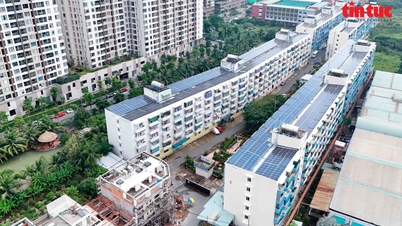








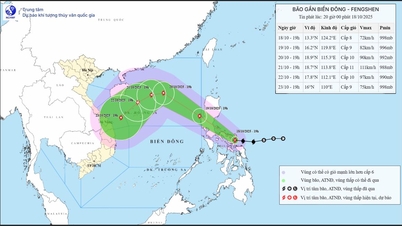
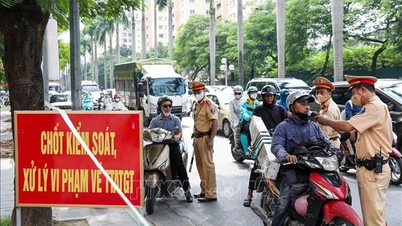







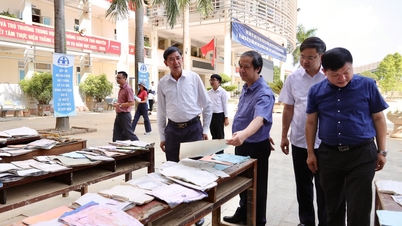





































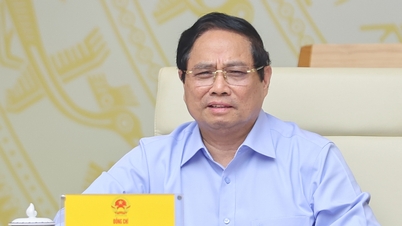
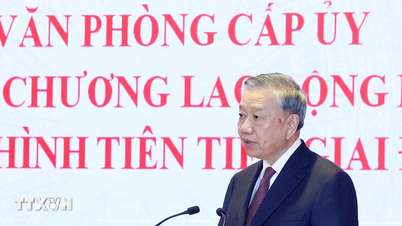






























Comment (0)